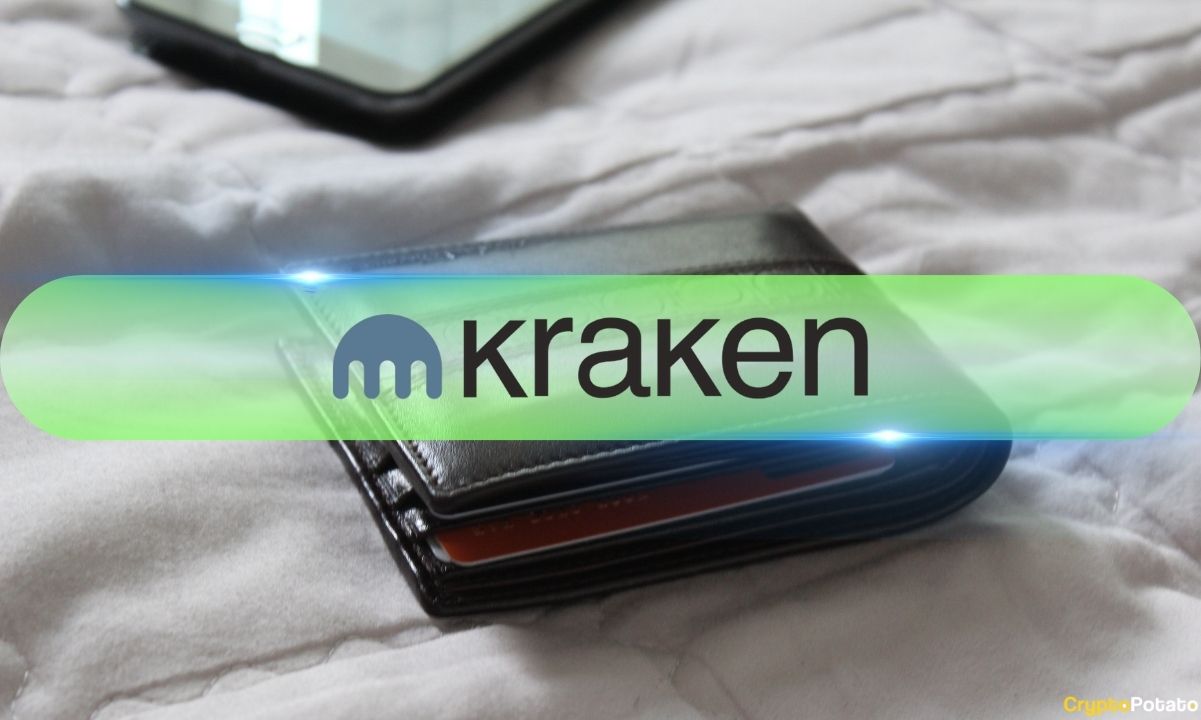(Photo by Harold Cunningham/Getty Images)
Getty Images
As Paris hunkers down for another day of “manifestations” (national protest marches and strikes) over Israel’s continuing war on a battered Gaza, following similar massive protests in Spain, one of Europe’s biggest televised annual events faces boycotts, delays or worse as it tries to survive the controversy.
Eurovision is a reality TV competition featuring single bands representing each participating country, with fans across Europe voting on their favorites. Last year, 37 countries participated in the 69th contest since the first one in 1956, with Austria’s JJ performing Wasted Love for a mammoth audience of 166 million viewers.
But both the number of participants and audience members might be considerably smaller in the 2026 edition, despite those huge ratings, acknowledged the man charged with overseeing the competition. The problem: whether Israeli public broadcaster KAN will be able to keep participating despite calls for boycotts from some countries.
“We’re a member-owned organization,” said Noel Curran, director general of the European Broadcasting Union, or EBU. He was talking over the weekend from the stage of IBC, the big annual broadcasting conference in Amsterdam, The Netherlands. “This is a member decision. This is not a decision taken in an office in Geneva. We understand how complicated this is.”
Some countries have said they won’t participate in 2026 if KAN is involved, Curran said. Others have said they won’t participate if KAN is blocked. Though the statements on each side put Curran in an uncomfortable position, he said he welcomed the clarity. The EBU’s board will consider the statements and other issues when it meets in November, then make a recommendation that the entire membership will vote on.
“It’s tricky,” Curran said. “The views are diametrically opposed.”
The EBU represents 112 state-owned, public-service broadcasters from 56 countries, and another 30 associate members from other countries. Those public-service organizations are the Euro equivalents of the U.S. Public Broadcasting System. Like PBS, whose government funding was slashed by the Trump Administration, the Euro equivalents are facing increased political pressure from many directions.
Some of the political pressure hitting EBU members is over difficult political questions such as continued support for Israel among the tens of thousands of killings by Israeli forces after a brutal surprise attack by Hamas nearly two years ago that left 1,200 Israeli civilians dead and hundreds more taken hostage.
Yet the blowback over Israel comes despite the contiinent’s haunting specter of Nazi occupation and the murder of an estimated 6 million Jews during World War II. Reminders of the atrocities committed on Jews in that era continue to surface regularly.
For instance, by happenstance, on the opening day of IBC filmmaker Steve McQueen (12 Years a Slave) began continuously projecting Occupied City, his 32-hour documentary about the Nazi occupation of Amsterdam on the outside walls of the Rijksmuseum, the Netherlands’ most distinguished museum.
Roughly three-quarters of Holland’s Jews, an estimated 102,000 people, were sent to death camps during the occupation, including most famously a teen-aged girl named Anne Frank whose diaries were found and published long after her murder. The house in Amsterdam’s traditionally Jewish Jordaan neighborhood remains one of the most heavily visited attractions in the city, tickets to it requiring long lead times.
McQueen’s documentary details what happened in those years, and is based on the exacting book by his Dutch wife, Bianca Stigter, Occupied City: Amsterdam 1940-1945.
Similar questions of historical oppression of Jews haunt Spain, going back to the 1492 decision by King Ferdinand and Queen Isabella to force Jews to convert or leave the country (many fled to the relatively tolerant Netherlands and helped fuel its commercial rise). Former Jews deemed insufficiently converted faced the Spanish Inquisition’s tortures.
France, where L’Affaire Dreyfus divided the country for years beginning in 1894, has its own problematic history. But Paris also is spotted with plaques marking where Nazi forces murdered Resistance fighters and Jews during that city’s occupation. The country has been a strong supporter of Israel for years.
That support is under pressure amid Israeli forces’ continued hammering of Gaza, causing starvation and dislocation for its surviving residents. Concerns over the continued attacks have changed the political calculus in France and many other European countries, fueling major regular protests like those coming to Paris on Thursday.
The political shift has been rapid, Curran noted. Just a few years ago, Israel hosted the Eurovision contest, with not a peep of protest. Asked by an IBC audience member whether pausing the contest amid this year’s controversy made sense (it’s only been paused once, during the 2020 COVID lockdown), Curran disagreed.
“We can pause it one year, two years, three years, this geopolitical situation isn’t going away,” Curran said. “We’ve got to make Eurovision as good as possible, then manage this very difficult geopolitical situation as well as we can.”
Part of the problem for the EBU and its members is the financial impact of losing Eurovision from their calendars. As Curran noted, Eurovision ratings have been “absolutely huge,” a goldmine for stodgy state-owned enterprises. That can’t be said about much else in a streaming-first era where all broadcasters, but especially publicly owned ones, have faced funding cuts and drooping viewership.
The political pressure isn’t just over Israel and Eurovision, however, Curran warned.
“Sovereignty,” i.e., wanting European organizations to help/use European businesses in various ways, has suddenly become a much hotter topic for many EBU members since the Trump Administration began pushing tariffs, immigration crackdowns, state ownership of tech companies, and other nativist, authoritarian policies.
“More and more questions are being asked about European sovereignty,” Curran said. “The level of political interference is increasing, I see it year over year. More and more we’re having to get involved in protecting our members.”
It’s going to be a problem for U.S. tech companies working in Europe too, he warned. Curran said 60% of EBU members exclusively use cloud services from a U.S.-based tech company. That may not continue as sovereignty pressures grow.
“The American companies are going to have to address it,” Curran said. “It is a growing issue.”
Source: https://www.forbes.com/sites/dbloom/2025/09/17/eurovision-facing-possible-boycotts-over-gaza-disputes/



